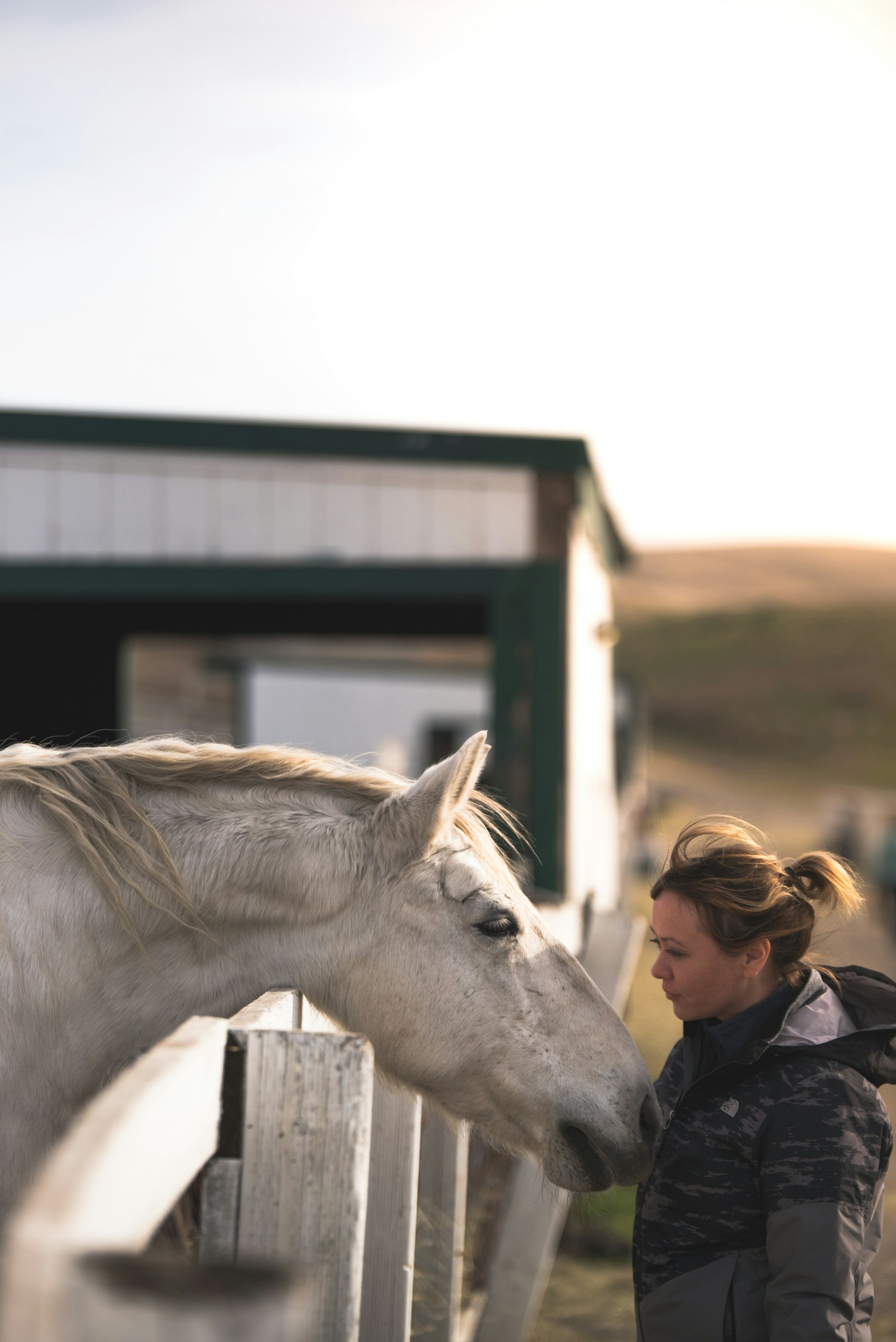
AI Breakthrough Lets Horses 'Talk' to Vets: The Revolutionary System Detects Hidden Health Issues
Researchers are using artificial intelligence (AI) to bridge the communication gap between horses and humans. By combining 3D motion capture technology with machine learning, a new modeling system offers veterinarians a powerful visual tool for interpreting equine body language—a key to detecting both physical and behavioral problems.

New Study Reveals Financial Challenges and Evolving Trends in Equine Veterinary Care
A groundbreaking study from the University of Kentucky’s Martin-Gatton College of Agriculture, Food and Environment (CAFE) offers fresh insights into how horse owners manage veterinary care for their animals—and the financial hurdles many face. Published in Equine Veterinary Education, the research underscores gaps in emergency preparedness and explores innovative solutions, including telemedicine, to bridge the growing demands of equine health care.

Unique genetic mutation underlies horses’ exceptional athleticism
Horses have long been celebrated as elite athletes of the animal kingdom, capable of extraordinary feats of speed and stamina. Now, scientists have uncovered a key genetic adaptation that helps explain their remarkable endurance—a mutation that supercharges their energy production while shielding their cells from damage.

Cornell Equine Advancing Research, Training and Community for Horse Health
A new Cornell initiative aims to make a positive impact on horses worldwide. Cornell Equine is a university-wide collaboration between equine researchers, educators, practitioners and athletes at the College of Veterinary Medicine (CVM), the College of Agriculture and Life Sciences (CALS) and Cornell University Athletics and was launched at the end of 2024.

Arterial Blood Gas and Electrolyte Analysis Predicts Survival in Horses with Colic
A recent study evaluated whether arterial blood samples taken upon admission could predict survival to hospital discharge for horses presenting with colic. The study, which included 358 horses undergoing medical or surgical management for colic, analyzed several blood parameters, including pH, oxygen levels (PaO2), carbon dioxide (PaCO2), electrolytes, and anion gaps, across different types of colic lesions.

Rein tension may affect horse behavior
In a pilot study carried out at the University of Helsinki, high rein tension was found to be associated with trotters opening their mouths, which indicates pain or discomfort in the mouth.
Rein tension denotes the force employed by the rider or driver through the reins. It can be measured with a sensor attached between the bit and the rein.

